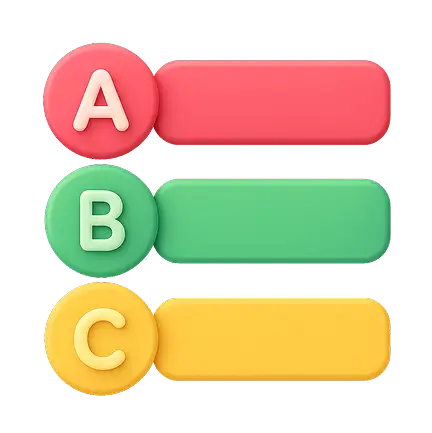The Lok Sabha (Lower House) has the final say in the matter of Money Bill.
Here's the process:
- The Money Bill originates in the Lok Sabha.
- The Lok Sabha passes the Money Bill.
- The Bill is sent to the Rajya Sabha for recommendations. The Rajya Sabha can discuss the Bill and recommend amendments within 14 days.
Two scenarios can occur
- Rajya Sabha returns the Bill without recommendations or with recommendations accepted by the Lok Sabha. The Bill is deemed to have been passed by both Houses of Parliament in its original or amended form.
- Rajya Sabha recommends amendments that the Lok Sabha disagrees with (substantial amendments). The Lok Sabha can either accept the recommendations of the Rajya Sabha or reject them.
If the Lok Sabha rejects the amendments, the Bill is deemed to have been passed by both Houses in the form in which it was passed by the Lok Sabha (original form).
Essentially, the Rajya Sabha's power to amend a Money Bill is limited. While they can propose recommendations, the Lok Sabha has the final authority to decide whether to accept or reject those changes.

